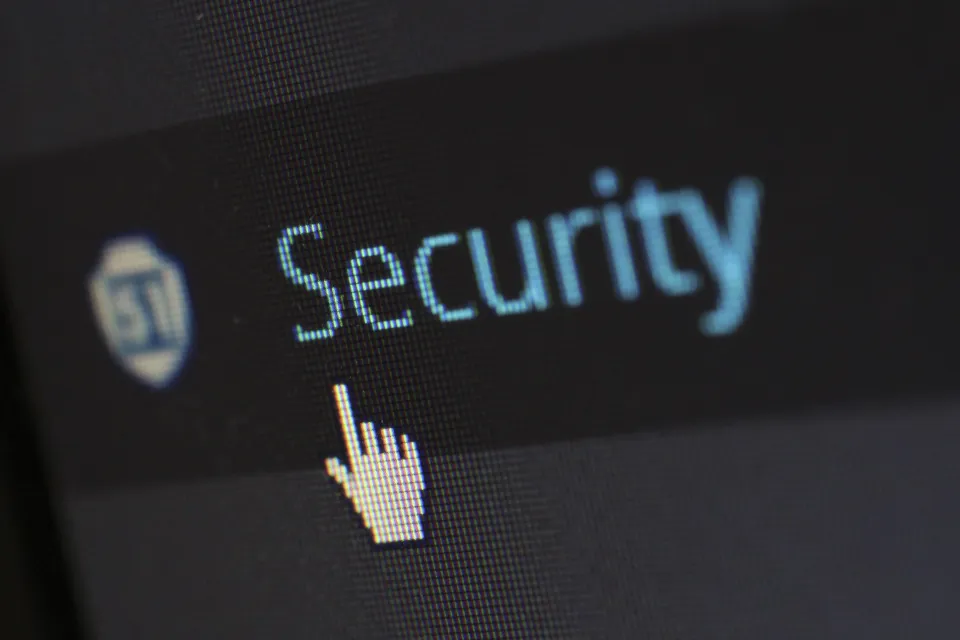Banks, physical or online, are among the companies that receive the most attempted attacks daily
After years, we could even speak of little more than a century, of physical banking institutions such as the organizations to which we entrust our money to take care of it, maintain it and even make it grow, after little more than a decade and with technological advances in their favor, online banking came to be a strong competition to traditional companies. But if large companies have been harmed by computer attacks, what can we expect from an option that is still in its infancy?
In 2012, about 29% of all Internet users worldwide have accessed online banking sites, that is, about 423.5 million people. That number is higher in North America, where more than 45% of Internet users have accessed bank websites.
But there are still people who hesitate to take the step due to the various cyber attacks that are constantly being carried out on banking in general, physical or online, assuming that if they carry out all their financial movements online, they are more exposed to danger and the risks of run out of money.
When there is a hack to the big national and world banking companies, the information flows almost instantaneously and generates panic among society. For example, in 2011, Citigroup reported that more than 360,000 accounts were compromised in a hacking attack that left 3,400 accounts compromised, suffering losses of up to $2.7 million, CNN reported. If this happens with companies with years of tradition, isn’t recent online banking more unprotected?
No. In fact, it is quite the opposite.
Banking websites are hit by hacking attacks every day. While that is worrying, there is a silver lining. As a result of these constant malicious access attempts, banks continually improve their systems to effectively deal with these acts.
But beyond the risks that financial institutions suffer, whether they are physical or online, it is important that you be careful when finding the best option for you. When you want to store your money or save it in any bank, always check that your money is protected by the Federal Deposit Insurance Corporation ( FDIC ). This government entity protects your money from any attack or theft for up to $250,000 dollars per account, as long as the company is registered within this protection. So even if your money was embezzled in an attack, federal law says banks must repay stolen funds if they report it within 60 days.
This does not mean that you should trust yourself. You always have to be on the lookout for fake pages or avoid opening external links in emails or text messages on your cell phone to leave your personal information and bank accounts vulnerable. And this type of prevention goes beyond choosing a traditional physical or online bank.
